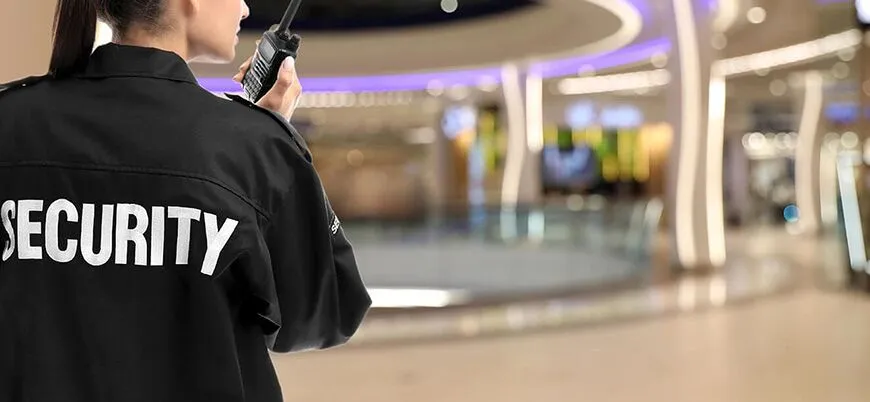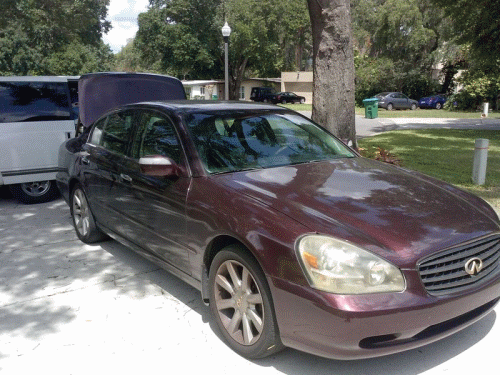In today’s fast-paced hospitality industry, hotels are not only places for leisure but also hubs of activity, attracting diverse guests and hosting a variety of events. With this comes the responsibility of maintaining a secure environment for both visitors and staff. Hotel security guards play an integral role in this effort, particularly during emergencies and crisis situations. Their ability to act quickly, decisively, and professionally can make the difference between a controlled situation and one that spirals out of control. In this article, we explore the crucial responsibilities of hotel security guards in managing emergencies and how their presence ensures safety during times of crisis.
Early Detection and Prevention of Emergencies:
One of the key roles of hotel security guards is to prevent emergencies before they escalate. Through vigilant monitoring of hotel premises, including lobbies, corridors, and back-of-house areas, security personnel can identify potential threats early. This proactive approach helps in detecting unusual behavior, unattended luggage, suspicious individuals, or malfunctioning equipment, all of which could lead to emergencies such as theft, fires, or even terrorist threats. By addressing these issues early on, security guards reduce the likelihood of an incident turning into a crisis.
Crisis Communication and Coordination:
During emergencies, effective communication is essential. Hotel security guards act as a vital link between hotel management, staff, and external emergency responders, such as fire services, police, and medical teams. Security guards are trained to remain calm under pressure and relay accurate information to all relevant parties, ensuring that help is dispatched to the right location swiftly.
In larger hotels, coordination during crises becomes complex due to the scale of the property and the number of guests present. Security guards take on the responsibility of organizing an orderly evacuation or guiding guests to safe areas. Their knowledge of the hotel’s layout and emergency exits is invaluable in such situations.
First Response and Emergency Action:
In crisis situations, hotel security guards often serve as the first responders. Whether dealing with medical emergencies, fires, or criminal activity, security personnel are typically on the scene before emergency services arrive. Their training includes administering basic first aid, performing CPR, and using Automated External Defibrillators (AEDs) in the event of health emergencies. Additionally, security guards are often trained to use firefighting equipment such as extinguishers to contain small fires before the fire department can take over.
The ability to act quickly in the face of danger is critical to saving lives and preventing property damage. For instance, in the event of a fire, security guards are responsible for initiating building evacuation protocols, ensuring that fire alarms are activated, and assisting guests, especially those with disabilities, to safety.
Handling Public Disturbances and Criminal Activity:
Hotels, particularly those in busy urban areas, may occasionally experience public disturbances such as unruly guests, intoxicated individuals, or unauthorized visitors. These situations, if not managed properly, can escalate into violent altercations or threats to the safety of others. Hotel security guards are trained in de-escalation techniques to manage such disturbances professionally, minimizing harm to both guests and property.
In cases of criminal activity, such as theft or assault, security guards play a crucial role in ensuring the safety of those involved and preserving the scene for investigation. They are responsible for detaining suspects, gathering evidence, and liaising with law enforcement to assist in investigations.
Evacuation Procedures and Crowd Control:
During large-scale emergencies like natural disasters, hotel security guards are tasked with ensuring the safe and orderly evacuation of guests. Hotels can be large, multi-story structures with hundreds or even thousands of occupants, making evacuation a complex and dangerous process if not properly managed.
Security guards are trained to execute evacuation plans, assist those in need, and maintain order to prevent panic. They are responsible for directing guests away from danger and ensuring that evacuation routes remain clear. Effective crowd control is vital to preventing injury and ensuring a smooth evacuation process, particularly in high-stress situations.
Training and Drills for Crisis Preparedness:
Hotel security guards undergo continuous training to prepare for a wide range of potential emergencies. Their training includes active shooter scenarios, bomb threats, natural disasters such as earthquakes or floods, and medical emergencies. Regular drills are conducted to ensure that both staff and security personnel are familiar with the hotel’s emergency protocols.
By conducting drills and simulations, security guards help hotel staff and guests remain calm and follow procedures during real-life emergencies. Preparedness is key in crisis situations, and the more practiced security personnel are, the better they can respond effectively to unforeseen events.
Reassurance and Support for Guests:
Beyond their physical duties during an emergency, hotel security guards also play a psychological role in managing crises. During emergencies, guests are often panicked, confused, or frightened. The visible presence of security guards offers reassurance, providing a sense of safety and order amidst the chaos. Their calm demeanor and clear instructions can help alleviate anxiety, guiding guests towards safety.
Additionally, security guards provide post-crisis support by assisting with incident reports, offering information on next steps, and helping guests contact loved ones or emergency services.
Post-Emergency Recovery and Evaluation:
Once an emergency is over, the role of hotel security guards continues. They assist in assessing the situation, documenting the sequence of events, and working with hotel management to evaluate the response. This post-crisis evaluation is essential in identifying any weaknesses in the hotel’s emergency protocols and making necessary improvements.
Moreover, security guards often collaborate with law enforcement and insurance investigators to gather evidence, including witness statements and CCTV footage. Their comprehensive knowledge of what transpired during the emergency is invaluable for legal proceedings and recovery efforts.
Final Thought:
Hotel security guards are indispensable in managing emergencies and crisis situations. Their vigilance, training, and swift response not only prevent disasters but also minimize the impact when emergencies occur. From early detection to post-crisis evaluation, security guards ensure that hotels remain safe havens for guests and staff alike. Their role goes beyond mere security – they are the backbone of a hotel’s crisis management strategy, safeguarding lives and property in times of uncertainty.



